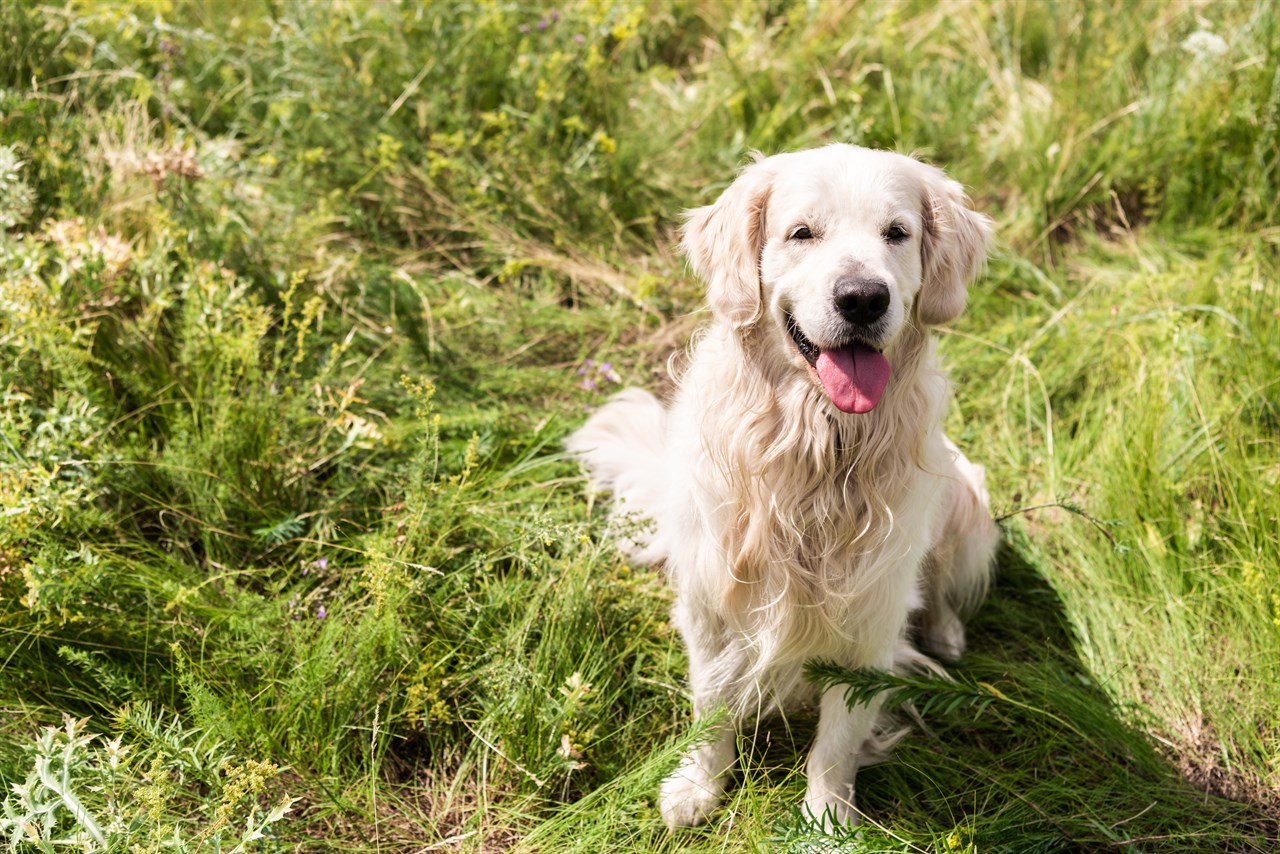Feeding Habits and Food Requirements of the Golden Retriever

Feeding a Golden Retriever properly is essential for their overall health, well-being, and longevity. This breed is known for its love of food and hearty appetite, so it's crucial to provide them with a balanced and nutritious diet while managing their portion sizes to prevent overeating and obesity. Here are some key considerations for feeding your Golden Retriever:
High-Quality Dog Food
Choose a high-quality commercial dog food that meets the nutritional requirements for your dog's life stage (puppy, adult, senior). Look for food with real meat as the primary ingredient and avoid fillers like corn or wheat.
Portion Control
Golden Retrievers have a tendency to overeat if given the opportunity. Measure your dog's food portions according to the manufacturer's recommendations or consult with your veterinarian to determine the appropriate amount based on your dog's age, weight, and activity level.
Feeding Schedule
Establish a consistent feeding schedule with two or three evenly spaced meals per day for puppies and one or two meals for adults. Avoid leaving food out all day as this can encourage overeating.
Avoid Table Scraps
While it may be tempting to share human food with your Golden Retriever, it's generally best to avoid giving them table scraps. Many human foods can be harmful to dogs, and indulging them in this way can lead to digestive issues and unhealthy eating habits.
Treats and Snacks
Limit treats and snacks to small, healthy options. Use treats as rewards during training or for occasional indulgence. Be mindful of the caloric content of treats to prevent excessive calorie intake.
Fresh Water
Provide access to clean and fresh water at all times. Proper hydration is essential for digestion and overall health.
Age and Life Stage
Adjust your dog's diet as they age. Puppies require a diet rich in protein and calories to support growth, while senior dogs may benefit from a lower-calorie, senior-specific formula.
Allergies and Sensitivities
Some Golden Retrievers may have food allergies or sensitivities. If you notice signs of digestive upset, skin issues, or other allergic reactions, consult with your veterinarian to explore dietary changes or specialised diets.
Weight Management
Keep an eye on your Golden Retriever's weight and body condition. If they become overweight or obese, it can lead to various health problems. Consult your vet if you need guidance on weight management.
Consult Your Veterinarian
Always consult with your veterinarian regarding your Golden Retriever's specific dietary needs, especially if you have concerns about allergies, weight, or any other health-related issues. Your vet can provide tailored guidance on nutrition and feeding habits.
Remember that each Golden Retriever is unique, and their dietary needs can vary. It's crucial to monitor their overall health and make adjustments to their diet as needed to ensure they maintain a healthy weight and thrive throughout their life
Golden Retriever puppies for sale
- Find Golden Retriever puppies for sale in ACT
- Find Golden Retriever puppies for sale in NSW
- Find Golden Retriever puppies for sale in NT
- Find Golden Retriever puppies for sale in QLD
- Find Golden Retriever puppies for sale in SA
- Find Golden Retriever puppies for sale in TAS
- Find Golden Retriever puppies for sale in VIC
- Find Golden Retriever puppies for sale in WA